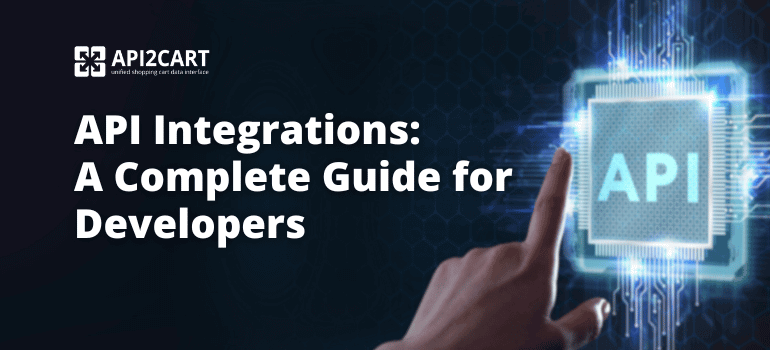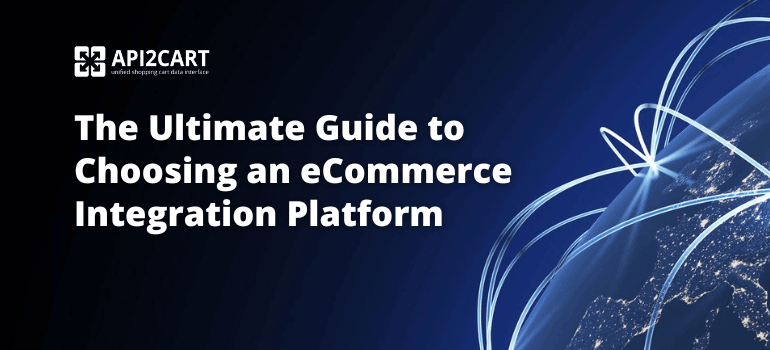
The eCommerce ecosystem consists of many interconnections and interdependencies. Whether you are an e-retailer, a distributor or an eCommerce B2B software vendor, your workflow involves cooperation with partners, suppliers, customers, and thus, with external systems. It is especially true of eCommerce B2B services because shopping cart integration is typically indispensable for such software. The reason for this lies in the fact that it needs various customer, order, and product data from online stores to run its key operations. Shopping cart integration is probably one of the most challenging tasks for every B2B eCommerce vendor.
Shopping Cart Integration Difficulties
One API integration is a complicated process. API integration with a great number of shopping platforms is a whole mess of complications. That is why many B2B software vendors can afford to work with only a few shopping cart solutions. Hence they miss out on business opportunities and limit their market share. Here are common integration pitfalls vendors encounter very often:
- Every integration is a technically complex task. Each shopping cart has its specific architecture and logic that require time and competence to learn. Setting up a connection with each endpoint is a unique tedious process, as every integration offers new challenges
- Developing a flawless integration module requires a qualified expert. It is very important to elaborate integration module thoroughly if you need it to work properly. In the case with eCommerce B2B software, many users depend on the integration, and a poorly working API can cause significant problems and losses for customers, and as a result, for providers as well. But writing a clean code integration that works flawlessly requires extensive tech expertise
- Integrations are time-consuming. Setting up just one connection takes at least a month. As we have already mentioned above, every integration is unique, so you can multiply this time by the number of platforms you want to integrate with
- Integrations are costly. Again, developing a properly working integration module implies a qualified expert, a lot of hard work and time. Thus, that typically costs at least a few thousands of dollars per each integration
- Further integration maintenance and update. After the integration is finished, it is not the end of the story. It needs further upgrades and maintenance that, again, will constantly take time and resources due to the need for IT staff to support the integration.
How to Avoid Integration Issues?
Though shopping cart integration is difficult, it is essential to developing versatility needed to grow a business and drive innovation across channels.
Luckily, there is a way to perform integration faster, easier and cheaper than you could expect. API2Cart solves all these problems for vendors by providing a unified API that enables interacting with multiple eCommerce platforms and marketplaces. Through only one integration with API2Cart, you can get connected with over 40 shopping platforms simultaneously. Among them are all industry leaders such as Magento, Shopify, PrestaShop, and other platforms.
If you are interested in integrating your B2B solution with many shopping platforms and would like to talk about the technical details, please schedule a consultation with our representative or try how API2Cart would work for your business.



